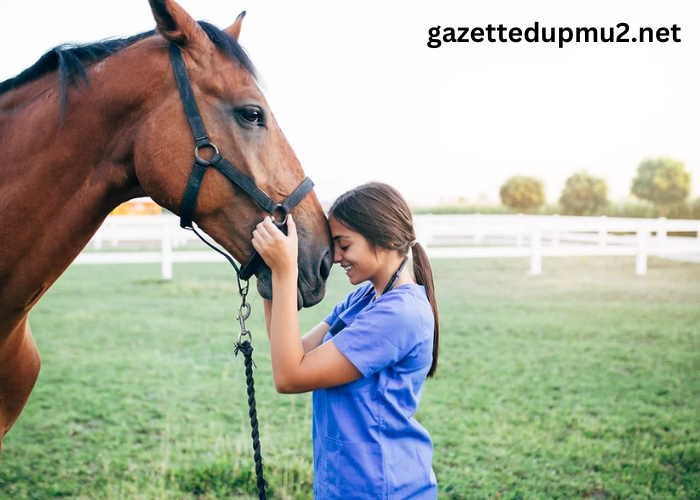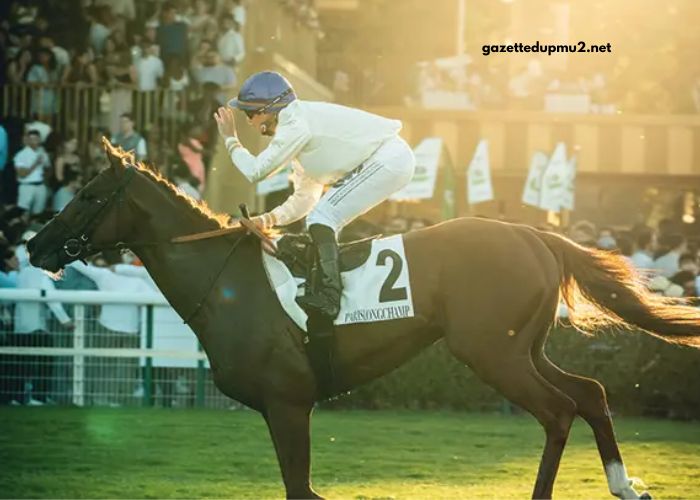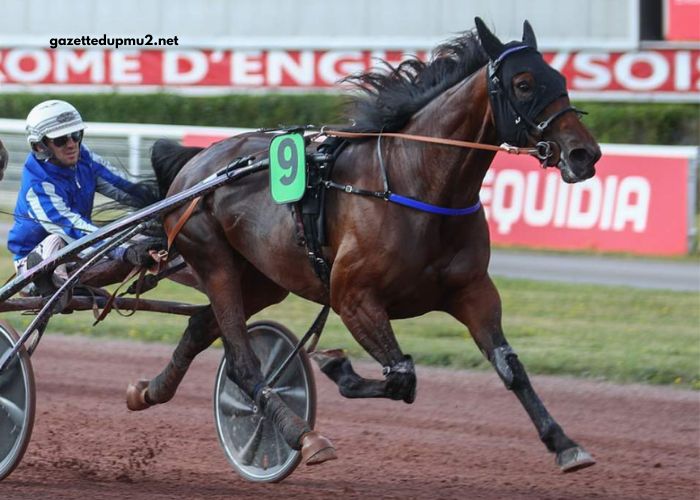Horses have captivated human imagination and hearts for millennia. Their strength, grace, and enduring presence have made them central figures in human history and contemporary life. From ancient battlefields to modern sporting arenas, the role of horses has evolved, yet their significance remains undiminished. Explore the world of horse racing with France Cheval Turf. Get the latest news, tips, and insights to enhance your betting experience.
Historical Significance
The relationship between humans and horses dates back to around 4000 BCE when horses were first domesticated on the steppes of Central Asia. This monumental event revolutionized transportation, agriculture, and warfare. Horses provided a means for humans to travel greater distances, leading to cultural exchanges and the expansion of civilizations. The horse-drawn chariot, for instance, became a powerful tool in ancient warfare, changing the dynamics of battles and contributing to the rise and fall of empires.
In medieval Europe, horses were indispensable. The image of the armored knight riding a powerful steed is emblematic of this era. Horses were not only instruments of war but also symbols of nobility and prestige. The breed of a horse and the skill with which it was ridden often reflected the social status of its owner.
Horses in Culture and Mythology
Horses have also held a significant place in mythology and folklore. In Greek mythology, the winged horse Pegasus symbolizes inspiration and poetic imagination. The Norse god Odin rode an eight-legged horse named Sleipnir, embodying speed and strength. Native American cultures often revered horses as sacred animals, believing them to be spirit guides.
Literature and art throughout history are replete with depictions of horses. From the spirited verses of the Iliad to the serene canvases of George Stubbs, horses have inspired countless works of creativity, symbolizing freedom, power, and beauty.
Modern Roles of Horses
In contemporary society, the role of horses has diversified. While they are no longer central to transportation or agriculture, horses continue to be cherished companions and athletes. Equestrian sports, including dressage, show jumping, and horse racing, are immensely popular, drawing large audiences and significant investment.
Therapeutic riding programs have also gained recognition, leveraging the calming presence and rhythmic movement of horses to aid individuals with physical, emotional, and cognitive challenges. Equine-assisted therapy has shown profound benefits for veterans with PTSD, children with autism, and people recovering from trauma.
Preservation and Conservation
Despite their enduring popularity, horses face challenges in the modern world. Habitat loss, climate change, and economic factors threaten wild horse populations and traditional breeding practices. Efforts are underway globally to preserve various horse breeds and ensure their well-being. Organizations like the American Wild Horse Campaign and the International Society for the Protection of Mustangs and Burros work tirelessly to advocate for and protect wild horses.
Conservationists and breeders strive to maintain genetic diversity and protect endangered breeds. Programs promoting sustainable practices and educating the public about responsible horse ownership are vital to the future of these majestic animals.
Conclusion
The story of horses is deeply intertwined with human history and culture. Their transition from indispensable laborers to beloved companions and athletes underscores their versatility and enduring appeal. As we continue to cherish and celebrate horses, it is crucial to address the challenges they face and ensure that these magnificent creatures thrive for generations to come.
Horses are more than mere animals; they are partners in our journey through history and into the future. Their majesty and grace remind us of the profound connections we share with the natural world and the responsibilities we bear towards its preservation.





